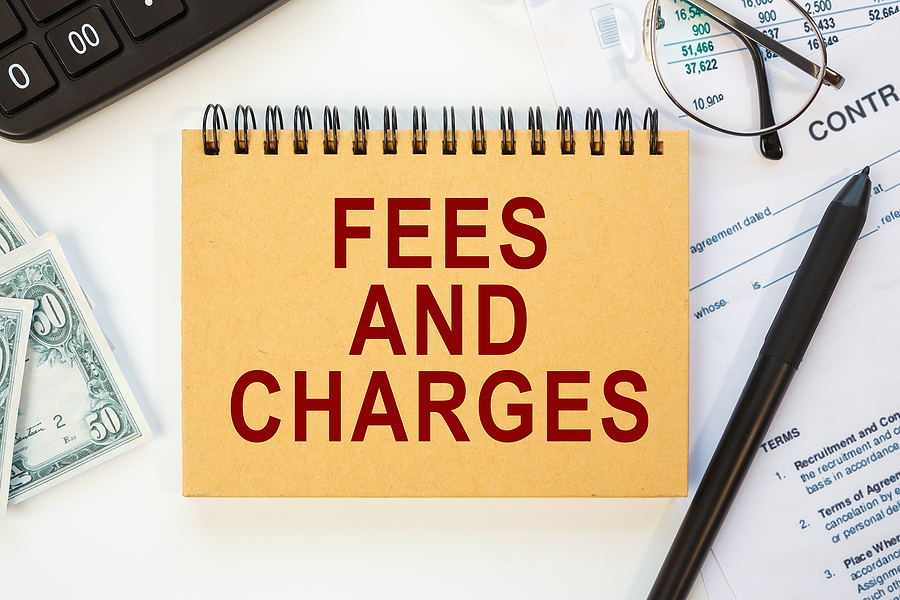Finding yourself or a loved one in legal trouble is never easy, and understanding the bail bond process can add to the stress. For Indiana residents, navigating bail bond prices is crucial to ensure a smooth legal process. This guide aims to demystify the bail bond system in Indiana, shedding light on its intricacies and helping you make informed decisions.
You’ll learn about the various factors influencing bail bond prices, understand the costs involved, and gain insight into what happens after posting bail. By the end of this article, you’ll have a comprehensive understanding of bail bonds in Indiana, making it easier for you to handle legal situations.

What Determines Bail Bond Prices in Indiana
Factors Influencing Bail Amounts
In Indiana, several factors determine the amount set for bail. Firstly, the severity of the offense plays a significant role. More serious crimes generally result in higher bail amounts. Additionally, the defendant’s criminal history is considered; repeat offenders may face higher bail due to perceived flight risks.
Role of the Bail Bond Agent
Bail bond agents are essential in determining the final bond price. While the court sets the initial bail amount, agents charge a premium fee, usually 10% to 15% of the total bail. This fee is non-refundable, even if charges are dropped or dismissed. Moreover, the Indiana Department of Insurance controls how much bail bond companies are allowed to charge as their premium.
It is illegal for bail agents to charge more or less than the state-regulated 10%-15% range. Bail bondsmen may adjust the cost of their premium within that range based on additional factors, such as the defendant’s employment status and community ties.
Understanding the Cost of Bail Bonds
Explanation of Premium Fees
Premium fees are a key component of bail bond costs. These fees compensate the bail bondsman for their risk and services. For example, if bail is set at $10,000, the premium fee might be $1,000 if the bail bond company grants a 10% rate. This fee is non-refundable, even if the charges are dropped or the defendant is found not guilty.
Cash Bail vs. Bail Bond Agent
Paying cash bail involves covering the entire bail amount upfront, which can be financially burdensome. In contrast, using a bail bond agent requires only a fraction of the total bail but includes the non-refundable premium fee. This option is more affordable for many families, making it a popular choice.
Additional Bail Bond Costs and Risks
Collateral Requirements
Collateral is often required by bail bond agents to secure the bond. This could be in the form of property, vehicles, or other valuable assets. Collateral serves as insurance for the agent in case the defendant fails to appear in court. If the defendant meets all court obligations, the collateral is returned.
Potential Risks and Consequences
Both the defendant and the co-signer face risks when securing a bail bond. If the defendant skips court appearances, the co-signer may lose the collateral and be responsible for the full bail amount. This adds a layer of financial risk that should be carefully considered.
Steps to Take After Posting Bail
Responsibilities of the Defendant
After posting bail, the defendant has several responsibilities. Attending all scheduled court appearances is paramount. Missing a court date can result in bail forfeiture and additional legal penalties. It’s also essential to keep the bail bond agent informed of any changes in contact information or employment status.
Importance of the Co-Signer
The co-signer plays a crucial role in the bail bond process. They are responsible for ensuring the defendant attends all court appearances. If the defendant fails to comply, the co-signer may face severe financial consequences, including losing the collateral. Therefore, both parties must understand their obligations fully.
Conclusion
Understanding bail bond prices in Indiana is vital for anyone facing legal challenges. By grasping the factors that influence bail amounts, the costs involved, and the responsibilities post-bail, you can make informed decisions that benefit both the defendant and their family.
If you’re in a situation requiring a bail bond, seek professional advice to ensure you’re making the best choices. Remember, knowledge is power, and being well-informed can ease the stress of navigating the legal system.
Remember, always seek professional legal advice if you have any questions or concerns about the Indiana bail bond process. Contact Woods Bail Bonds at 317-876-9600 for 24 hour bail bond services in Indianapolis, Indiana you can trust. We also offer prearranged bail bond service for arrest warrants and probation violations.
Related Posts:
The Real Cost of Freedom: A Closer Look at Bail Bond Percentages
Financial Considerations of Bail Bonds: A Comprehensive Guide
Decoding Bail Bonds: What to Know Before You Sign



